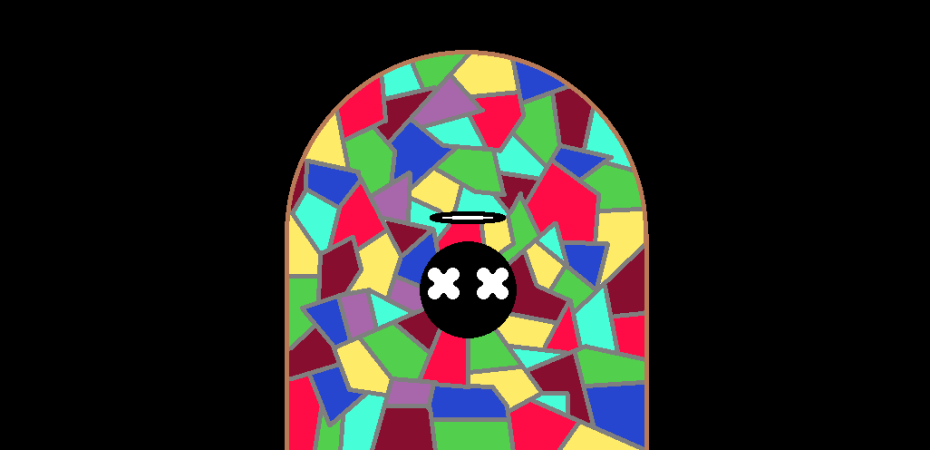In his Letters and Papers from Prison, Dietrich Bonhoeffer writes “The longer we are uprooted from professional activities and our private lives, the more it brings home to us how fragmentary our lives are compared with those of our parents.” It’s not a sentiment that’s specific to prison, per se, but alright – let’s see where it goes. Bonhoeffer was writing during his time in jail in Germany in the mid 1940s. His Letters and Papers collects a string of his correspondence from the period – and in one letter from February 1944, Bonhoeffer has some opinions on specialists.
The general idea of specialization is that over time our knowledge has become deeper. Our pool of research is deeper, our concepts are more sophisticated, our tools and technology are more complicated. For Bonhoeffer, the process of specialization has been going on for a couple hundred years. “The ‘polymath’ had already died out by the close of the eighteenth century,” he writes, “and in the following century intensive education replaced extensive, so that by the end of it the specialist had evolved.” Thus our fragmentary lives: as we go deeper, our vision becomes more narrow. We become expert in one thing and lose sight of the broader picture. As a result, Bonhoeffer feels, we don’t see as many of these grand, sweeping projects. Everything is narrow and technical, niche, for a very limited audience. The world’s become bigger – maybe too big for us to properly get our heads around.
But it’s not just about our systems of knowledge. Bonhoeffer talks about being uprooted from both professional and private spheres. It’s about the structure of the whole of our lives. Bonhoeffer writes that none of us have “that combination of fine carefreeness and large-scale planning” that underpins these historical works. It’s just not part of the life that’s available to us. We’re busy and poor. We’re worried about our jobs. Our vision has become narrower, Bonhoeffer suggests, but also the conditions of our labour aren’t really conducive to these great works. No-one’s producing their magnum opus under these conditions. In Bonhoeffer’s case, he’s in prison, there’s a war on – he’s writing to a friend who’s been sent to the Italian front.
Despite his complaints, Bonhoeffer doesn’t entirely write off the modern day. He sees it as a shift from how things used to be, but he recognises it as a different way of being, rather than necessarily intrinsically worse. If we live in a fragmentary world, we just have to learn how to read those fragments – how to find meaning in them. “The important thing today however is that people should be able to discern from the fragment of our life how the whole was arranged and planned, and of what material it consists.” Even as things change, we’re still human. Our lives might change in their format and structure, but we can still glimpse the underlying commonality. It’s a fitting sentiment for a collection of letters. Letters and Papers is not the sort of systematic theology produced by colleagues like Barth, or the mature, late-career work of the Niebuhr brothers. It’s a series of fragments, glimpses into fixed moments across the span of years. He talks about a Greek Orthodox service that he vaguely remembers seeing twenty years ago. He wonders if the English are going to invade. It’s scattered, piecemeal writing. It’s human. This is just where we are now.
“I am thinking for example of the Art of the Fugue. If our life is but the remotest reflection of such a fragment, if in a short time we accumulate a wealth of themes and weld them together into a pleasing harmony and keep the great counterpoint going all through, so that, when it comes to an untimely conclusion, we can at least still sing the choral, Vor deinen Thron tret’ ich allheir – then let us not bemoan the fragmentariness of our life, but rather rejoice in it.”

